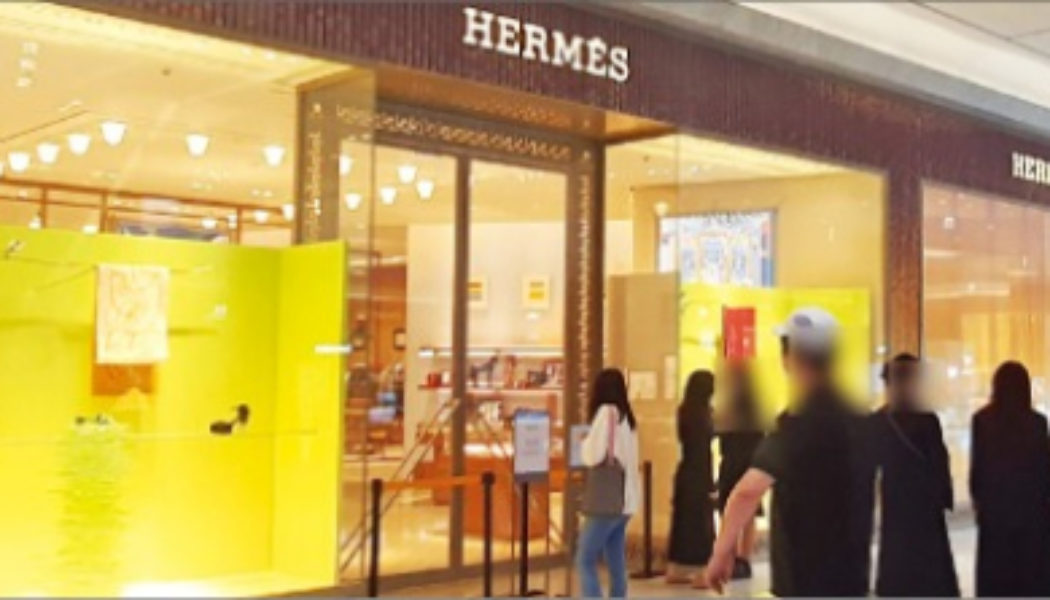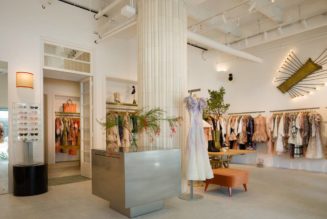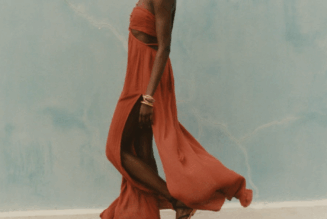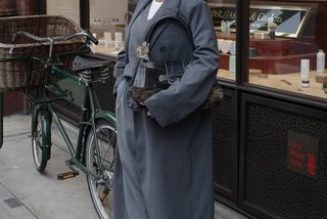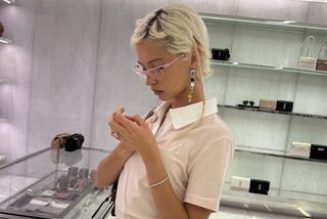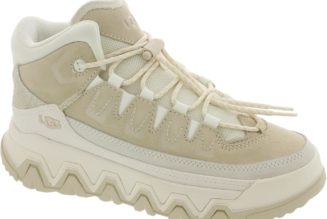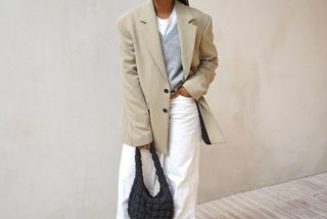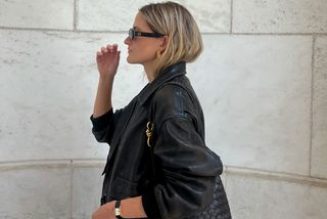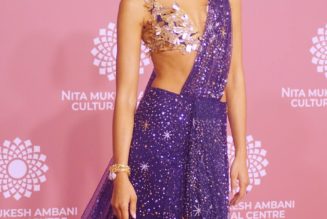
The economic slowdown may have diminished South Koreans’ appetite for foreign designer goods, but that doesn’t mean they’ve closed their wallets to their favorite luxury items such as Hermes and Dior bags.
Double-digit price hikes by global high-end brands such as Chanel and Dior in the first half of this year led consumers to become more picky, shunning popular luxury items such as Chanel Medium Classic bags that go for about $10,000 apiece.
This further widened the gap between the favorite and less-favored designer brands in the world’s seventh-largest luxury goods market by sales.
DIOR, HERMES
Dior stood out among the five leading designer brands, with its first-half sales in the country spiking about 30% this year. It marked the highest sales growth among the five brands, which along with Dior are Hermes, Louis Vuitton, Chanel and Gucci.
Hermes, known as the luxury of luxuries, maintained 20% sales growth in South Korea this year.
The two fashion brands sharply outperformed the country’s luxury goods market overall.
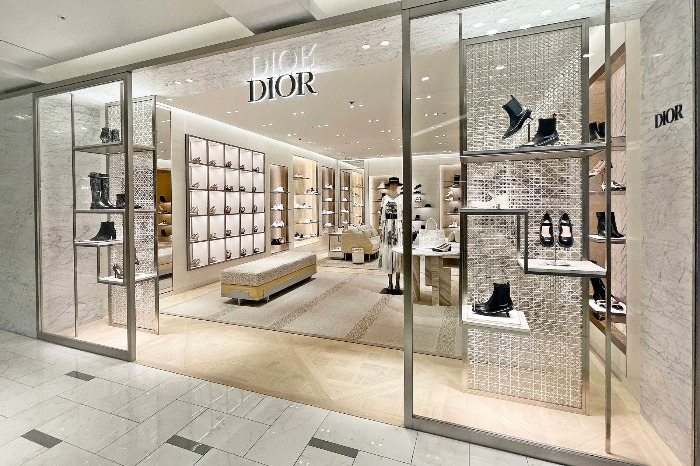
An upscale department store in Seoul posted negative on-year sales growth among high-end brand products this year, according to a survey by The Korea Economic Daily.
Luxury brand sales at another department store in the capital city stood flat in June, compared to a year ago, after logging single-digit sales growth in the first five months of this year.
The results are in stark contrast to the 30% to 40% surge in high-end brand sales at South Korean department stores between 2020 and 2022.
South Koreans spent an estimated $325 on high-end goods on average in 2022, the highest amount in the world, according to Morgan Stanley.
To sustain steady sales growth, Hermes strived to build its image as an exclusive brand, with high scarcity value.
In March of last year, when the country’s luxury goods resale market gathered steam, it introduced rules banning customers from putting Hermes goods on the resale market.
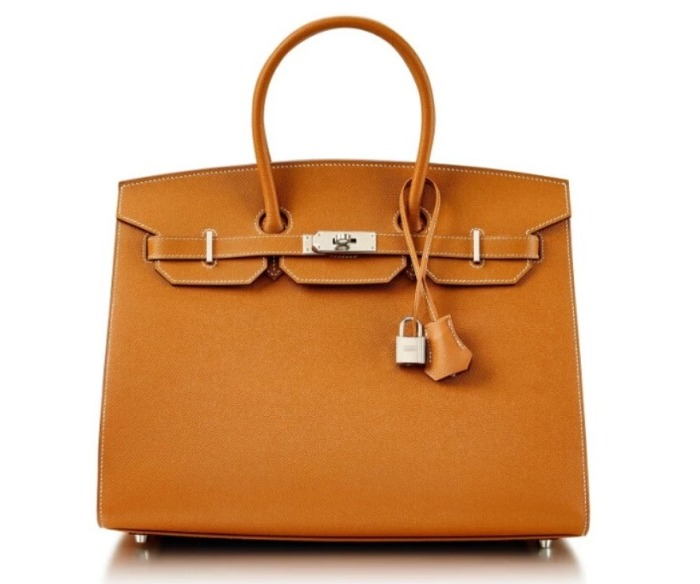
Hermes also sells its products only to those satisfying a required level of purchase history at its shops.
Dior is being led by Delphine Arnault, daughter of Italy’s luxury empire LVMH founder Bernard Arnault. Since taking over the helm of Dior in February of this year, she has been determined to grow Dior as a close rival to Chanel.
Dior now runs 26 boutiques within department stores in South Korea, compared with nine such outlets in 2017. Last year, it opened a 1,500-square-meter flagship store in Seongsu-dong, called the Brooklyn of Seoul, which boasts a trendy neighborhood vibe and hip independent shops.
Dior’s feminine and romantic look appeals to South Korean women, according to fashion industry watchers.
CHANEL, GUCCI
By contrast, Chanel and Gucci snapped their double-digit sales growth recorded between 2020 and 2022.
Chanel’s sales growth slowed to the 6% range this year. Gucci is the only global luxury brand among the top five that suffered a sales decline in the country this year.
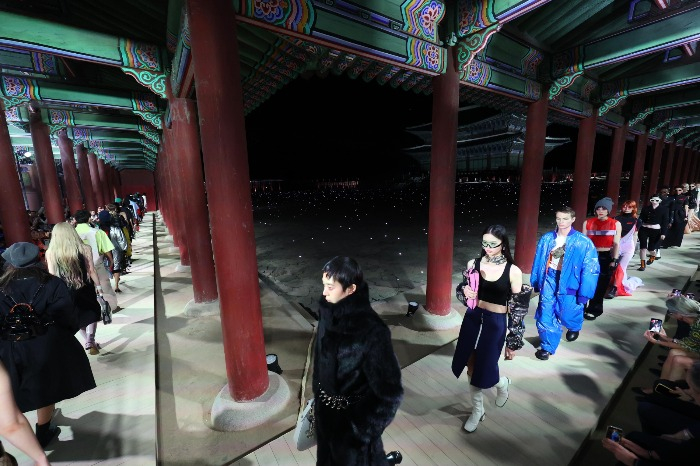
Chanel bags and clothes are actively-traded items in the online luxury resale market, which dented its brand image.
Also, the French brand launched coveted goods in China before South Korea to the disappointment of domestic consumers, said a luxury goods industry official.
As for Gucci, it is said to have failed to keep up with the minimalist fashion trend. When Alessandro Michele served as Gucci’s creative director between 2015 and late 2022, he revived the Italian fashion house’s popularity with maximalist designs.
The global brands’ performances in South Korea largely matched their showings in other countries. Hermes and LVMH, the parent of Dior, saw their first-quarter global sales up 22% and 11%, respectively, from the year previous.
The Kering Group’s global sales edged up 2% in the same period, led by Gucci.
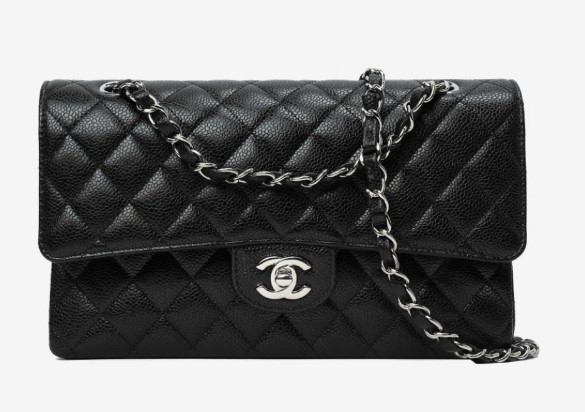
Their diverging results may point to the challenges they face ahead.
Those in their 20s and 30s, who had been driving South Korea’s luxury goods boom over the past few years, are thinking “I bought all the brands worth buying” and are now looking for luxury fashions that are not commonplace, according to the industry officials.
Meanwhile, the rich are trying to differentiate themselves with a so-called “stealth luxury” that is not familiar to the general public.
“Luxury goods have become so popular that we say Chanel Classic Medium bags are seen every five seconds when you go to a wedding,” said one of the fashion industry officials
“The high-net-worth are turning their eyes to ‘luxury goods only for those in the know.'”
Write to Mi-Kyoung Lee and Ji-Yoon Yang at capital@hankyung.com
Yeonhee Kim edited this article.
